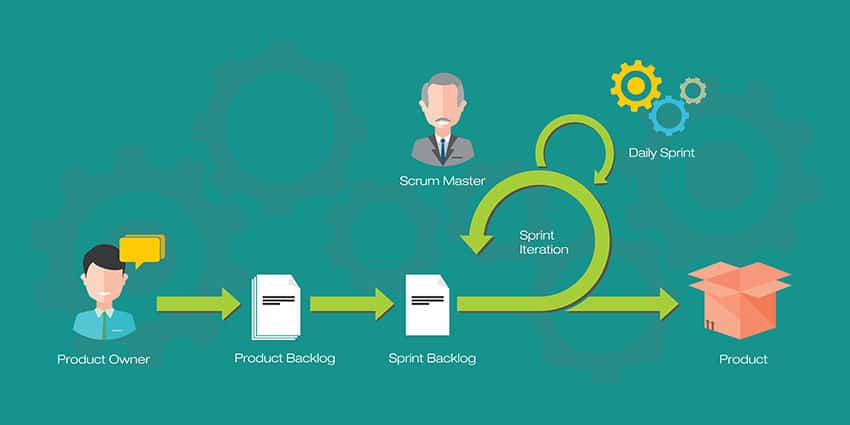Agile is work management methodology that can be implemented into most aspects of your business processes. And that also means your organizations’ marketing plan.
Although agile is generally used in the IT and software development industry. It was originally devised as an alternative to Software Development Lifecycle methodologies, and offers an iterative approach to software delivery.
Although agile was originally created to help businesses in an IT and software development context, the basic framework is applicable across every industry.
Agile dictates that software is built incrementally from the start of the project rather than attempting to deliver it all at the very end. Each project is broken down into smaller, bite-sized functions and are prioritized and given to different user types. Then those smaller mini-projects are continuously worked on and delivered over two-week spans called iterations.
While these are the basics of agile, the methodology follows a set of principles that dictate how businesses can become more streamlined via these guidelines. Here are a handful of ways to integrate this philosophy into your marketing plan.
Implementing Scrum
Scrum breaks down an organization or department into smaller teams and tasks them with organizing themselves and handling certain tasks. Scrum also dictates that work on a project be broken down into a set of deliverables with fixed schedules for completing these tasks (usually between one and four weeks commonly referred to as sprints).
Iterative Marketing
This marketing ideology is an iterative and experimental approach compared to more traditional marketing methods. That means executing on your overarching marketing goals can happen in stages.That allows marketing departments to be more responsive when they need to shift their strategies.
While overarching plans are still a focus of agile marketing teams, they generally put a higher premium on adaptability and responsiveness to quick changes. They can quickly alter their focus and strategies on a weekly or biweekly basis as a result.
Self-Managing Teams
With agile methodology, departments are split into smaller, self-managed teams to tackle individual tasks or stages in a project. And these teams tend to be cross-functional, which helps encourage more collaboration and less working in specific silos.
These teams are organized into specific sprints that generally run for two to four weeks each to accomplish individual project stages or tasks. These precise timeframes prevents teams from spending excessive amounts of time on any particular task.






